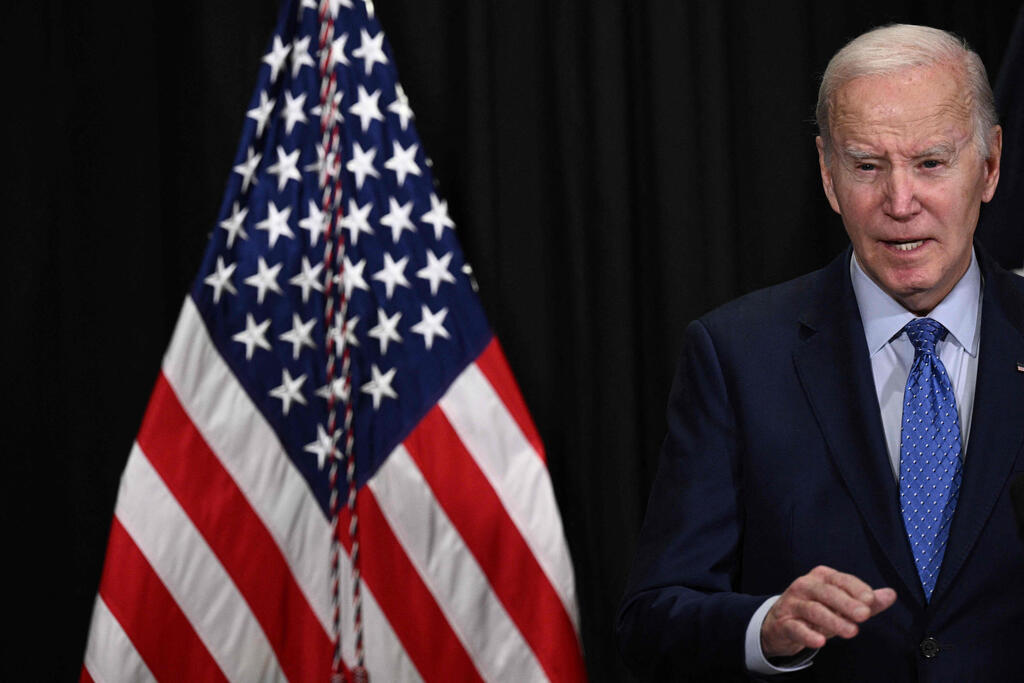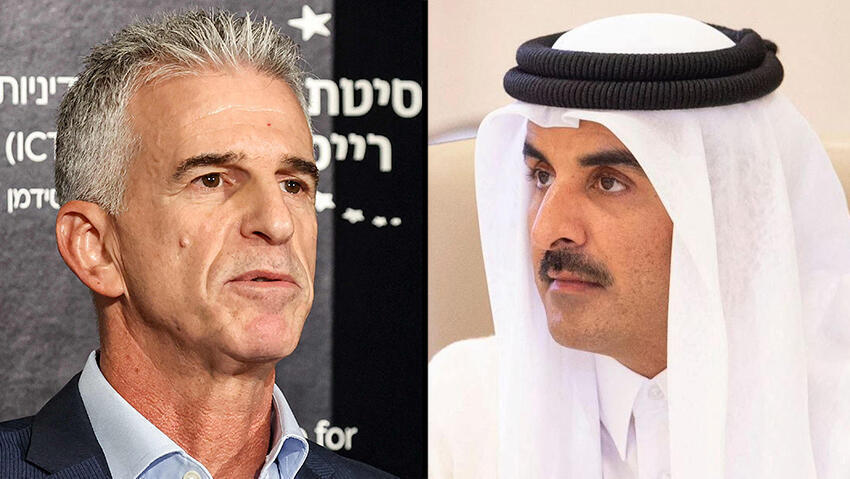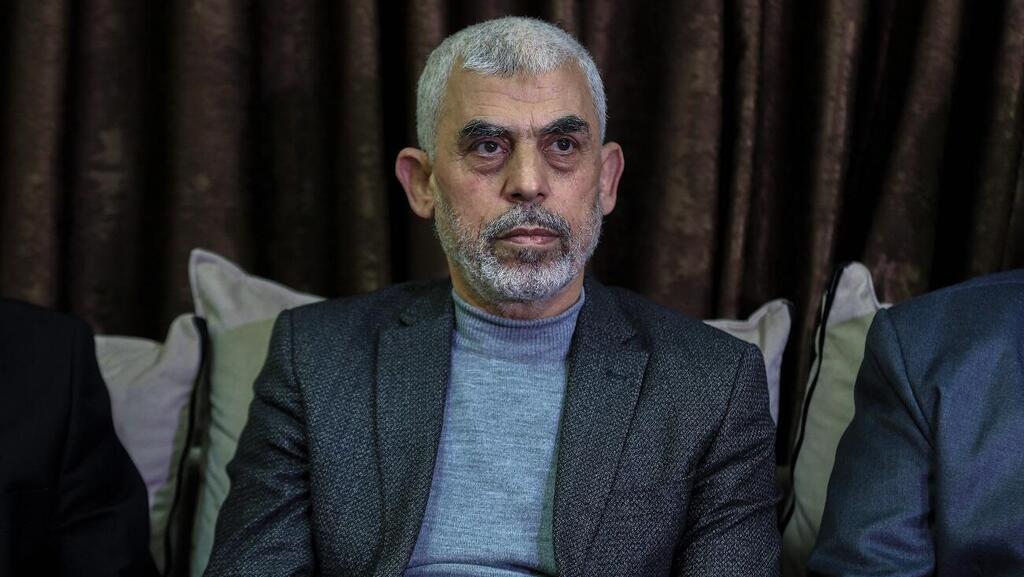Overnight Monday, Hamas delivered to Israel a list of 11 Israeli captives intended to be released that evening as part of the hostage release deal. However, upon receiving it, the Israeli side was shocked to learn that the list included two groups of children without their captive mothers. Mossad chief David Barnea was opposed to this list.
More stories:
"Over my dead body," he told mediators furiously. "We will not accept such a list. We can’t live in peace with the separation of two families and the separation of children from their mothers."
The list provided by Hamas initially included nine children and two elderly women, but it failed to include the mothers of some of the children. Among them were two 3-year-old twin girls whose mother and father were abducted into Gaza, but their mother's name wasn’t included on the list. Israel immediately clarified to the Qatari mediators that it could not agree to this.
The cease-fire agreement between Israel and Hamas includes a provision that no child in captivity shall be separated from their mother. However, this clause was violated by Hamas during the second phase of the prisoner exchange with the release of Hila Rotem, who was separated from her mother who is still held in Gaza.
Beginning early Monday and continuing throughout the day, intense negotiations were held amid concerns that the fourth group of Israeli captives might not be released, potentially leading to the collapse of the entire agreement.
Israeli negotiators had difficulty accepting that Hamas was once again cynically trying to manipulate them. On the other hand, the terrorist organization said that Israel wasn’t fulfilling its part regarding the list of Palestinian prisoners to be released. They argued that Israel wasn’t releasing the most heavily sentenced prisoners first, as it committed to, and therefore, they would not receive the mothers.
The Egyptians and Americans were also involved in the negotiations, and exerted pressure on both Hamas and Israel. U.S. President Joe Biden personally intervened and had a critical conversation with Qatari Emir, Sheikh Tamim bin Hamad Al Thani. Biden supported the Israeli position that children should not be separated from their mothers. Ultimately, a compromise was reached, and the elderly Israeli women were removed from the list, and replaced by the children’s mothers.
"The negotiations were very difficult," an Israeli official said. "It didn't look good. We hoped and expected a breakthrough to arrive, but it came very late. There were moments when we thought the negotiations were on the verge of collapse. Israel insisted on changing the list, and eventually, we succeeded, but it was a very dramatic and tough day."
The negotiations between Israel and Hamas are complex and intricate due to the time it takes both sides to deliver their messages and requests via the Qatari mediators. Therefore, any change in the list requires a prolonged amount of time to be approved.
In addition to the challenging negotiations for the release of the fourth group, talks were held regarding the extension of the cease-fire. Israel insisted on a two-day extension, compelling Hamas to release 20 captives in two groups, ten every day.
Eventually, the Qataris came to an understanding with the terror organization. Hamas, which requested time to locate additional captives, claiming not to know their whereabouts in the Gaza Strip, announced that it currently holds 20 more captives who meet the criteria of the current deal - children, mothers, and women.
The agreement on the cease-fire’s extension somewhat eased the negotiations for the fourth group, with Israel knowing that the following day additional individuals could be added to the list, and new lists could be created.






